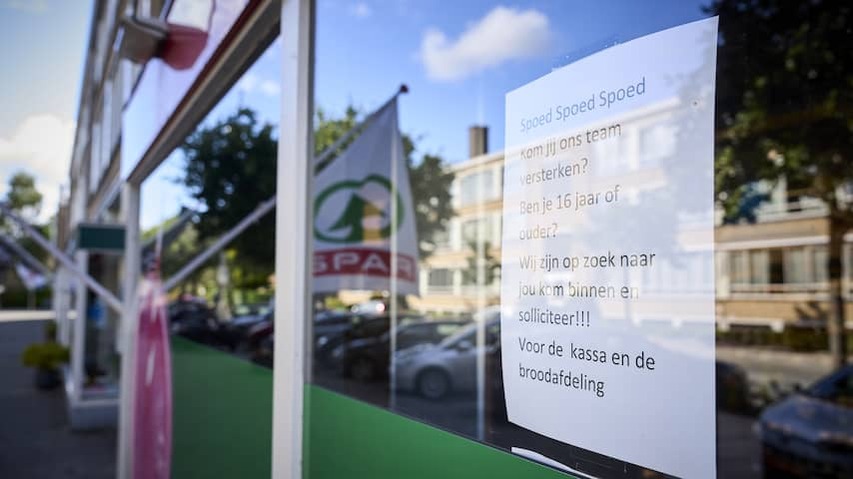
A full electricity grid, staff shortages, nitrogen problems and a stalled housing market: more and more factors are hindering the growth of the Dutch economy. Therefore, politicians must invest more in education, the labor market and the energy transition.
That is what the International Monetary Fund (IMF) states on the basis of research into the Dutch economy. It is in a strong position, but there are hurdles to overcome to maintain growth.
For example, our country has had problems with nitrogen for years. This hinders the construction of, for example, offices, infrastructure and energy projects. It also leads to a lot of uncertainty among farmers. It also hinders housing construction, a sector that is already struggling due to a lack of suitable locations, expensive building materials, fleeing investors, numerous objectors and staff shortages. As a result, new construction lags behind the desired numbers and the housing shortage continues to increase.
The lack of staff is also felt in other sectors. Companies have to shorten their opening hours or cannot expand. And if they do, there may be no power connection because the grid is overcrowded. That is why the IMF finds it strange that the cabinet wants to cut back on education and innovation. This can improve labor productivity and tackle staff shortages. Extra attention is also needed for the problems on the electricity grid.
In addition, the cabinet is taking contradictory measures, such as freezing rents. Although this ensures lower rents for less affluent households, it does put pressure on housing construction, because corporations have less money.
IMF: MortGage Interest Relief must be Further Reduced to Cool the Housing Market
The Netherlands should further limit mortgage interest relief. Steps have already been taken in this in recent years, but the cabinet should further reduce the possibilities.
According to the researchers, the deduction is one of the causes of the sky-high house prices in our country. The scheme allows homebuyers to obtain a higher mortgage and therefore bid higher.
Mortgage interest relief has been a point of criticism from the IMF for some time, but politicians are reluctant to abolish the scheme completely.
Furthermore, the IMF believes that it is better if homebuyers can finance a smaller part of their purchase price with a mortgage in the future. You can still take out a loan for 100 percent of the purchase price, this should be reduced to 90 percent.
Dutch Economy can take a beating
There are also plenty of positive signals for our economy. It is growing this year due to, among other things, higher wages, low unemployment and because Dutch people are letting their money roll. “The financial sector is also doing well,” says IMF chief researcher Fabian Bornhorst. By this he means banks, pension funds and insurers.
All of this ensures that we can take a beating. And that is also necessary, given the international unrest. The researchers point, among other things, to the trade policy of US President Donald Trump. He has introduced import duties, including for European products. This makes Dutch goods more expensive for Americans, who may therefore choose alternatives from their own country more often.
All of this can be painful for the Netherlands. Not only because Americans buy less Dutch goods, but also because, for example, German car manufacturers sell less in the US and therefore order fewer car parts from Dutch suppliers.
Furthermore, the policy brings uncertainty. Households spend less, while companies are reluctant to invest. Tackling the problems is therefore certainly important. “Because we have learned: there are always new shocks,” says Bornhorst.
But the IMF does not speak of a recession (an economy that shrinks for two consecutive quarters). Earlier research also showed that our country is indeed affected by Trump’s trade war, but that the economy continues to grow.